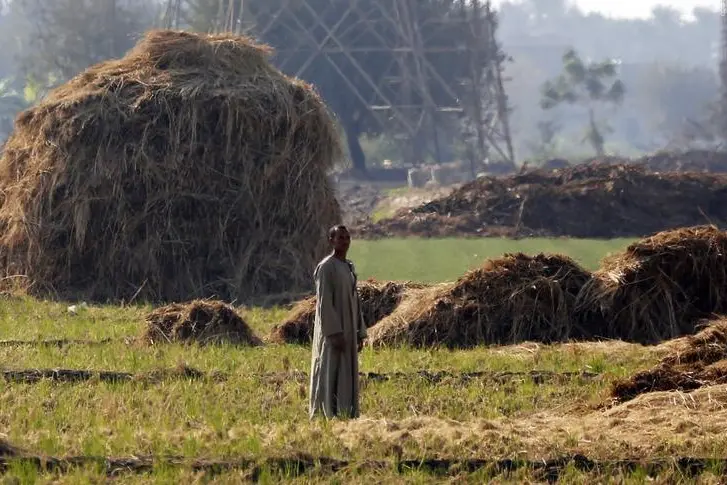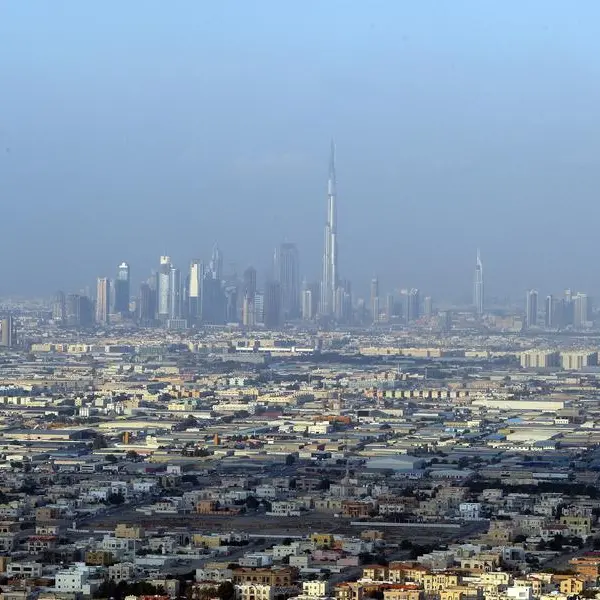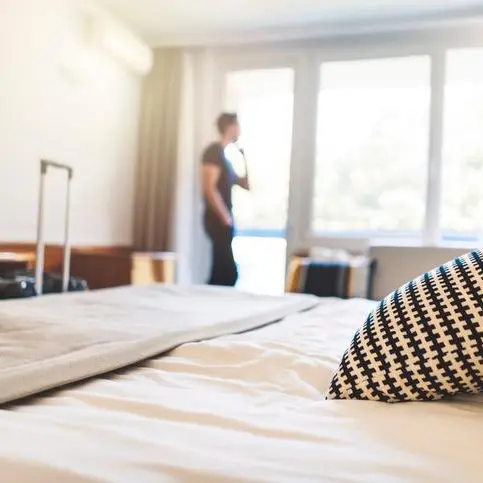PHOTO
A brave project is extending its activities to small farmers in Egypt's embattled traditional agriculture sector. Sara Al-Sayed, one of the project's co-founders, spoke to Aziza Sami
In the middle of an expanse of agricultural land in the district of Sakkara, in the governorate of Giza, stands a small structure made of wood. Its rustic appearance is reminiscent of a Robinson Crusoe-style cabin.
This is the headquarters of Nawaya, a project started in 2012 to promote small farmers. In Arabic, the name chosen for the project has the double meaning of "seeds" as well as "intentions".
In a nearby wooden building there is a clean and airy kitchen. Inside, a group of rural women are preparing soft sour cheese from milk produced by local cows. A large refrigerator stores balls of baladi (local) unpasteurised butter, hard spicy cheese and dried gameed in oil, another product made from the milk.
The women are preparing minced meatballs and stuffed vegetables to be sent to one of the many film studios located in this part of Giza. The proceeds of the sales from this newly launched catering company go to the women.
This "kitchen initiative" was launched by Nawaya three months ago. It is part of the project's efforts to promote a "fork to table" concept in which small farmers market their produce directly to consumers.
"Our initial aim, through several enterprises initiated by Nawaya, is to form a cooperative model for farmers, in which they control the methods of farming, production and marketing of their output," said Sara Al-Sayed, one of Nawaya's co-founders.
"We hope to make it a different kind of cooperative, though, one which will not fall prey to the corruption of traditional cooperatives in which it is only a few who benefit."
The Nawaya project was started in 2012 by three friends: Sara Al-Sayed, Adam Molyneux-Berry and Laura Tabet. At the heart of its operations is a company that helps small farmers grow rural produce according to sustainable and clean practices.
Nawaya is part of an Egyptian NGO called Nahdet Al-Mahrousa. The NGO sponsors Egyptian startups within a number of domains. Nahdet Al-Mahrousa's sponsorship of Nawaya enables the project to provide funding for its activities, through which the farmers benefit from several educational and experimental agricultural practices.
Nawaya started its operations with ten farmers "whom we literally scouted from the fields within the area," said Al-Sayed. All the farmers collaborating with Nawaya live and work within the district of Sakkara. The number has now extended to 20 within the markaz (city) of Badrasheen, which includes the districts of Sakkara, Zawya and Abu Sir.
Nawaya's work meets challenges emanating from the changing landscape of Egyptian agriculture. Land tenure over the past six decades has been fragmented into smallholdings, while increasing urbanisation continues to eat up what were once fertile agricultural lands.
More serious is the fact that farmers themselves often choose to build on the fertile agricultural land they own, because they find farming to be no longer lucrative or even sustainable.
According to Al-Sayed, among the problems faced by the Egyptian small farmer is access to production inputs and marketing of produce. By law, landowners are the only parties that have access to the fertilisers and pesticides distributed by agricultural cooperatives.
This often results in a situation where "they will sell them on the black market rather than give them to the farmer," who is left to the vagaries of black market prices.
The other major problem is that of marketing and access to consumers.
"At one point farmers in the district collaborated and took their produce to the nearby 6 October market, but this is a rare occurrence in an environment where farmers distrust their neighbours [due to disputes over water or land borders], and so the idea of instilling collaboration in itself becomes a challenge," she said.
On the environmental level, the system of disseminating hybrid-style fertilisers by agricultural cooperatives also feeds into the chain of the monopoly of resources, Al-Sayed said.
"Farmers not only have no access to alternatives, but they also have little knowledge of how to use toxic chemicals and pesticides according to the proper instructions," she added.
One of Nawaya's success stories has been the implementation of clean practices in the growing of wheat, by virtue of which a number of farmers planted their crops without using either chemicals or pesticides.
"The problem, however, remains where to market this clean produce [which will be more expensive] given that what is predominating in the traditional agricultural market is the monopoly of traders over farmers," Al-Sayed says.
"In the end, the five or six farmers who grew 'clean crops' chose to keep the produce for their own families' consumption. They wanted something clean for their homes, and I consider this to be a great success," she said.
Nawaya is currently launching several small-scale income-generating models aimed at linking farms directly with consumers. All of these apply clean practices and sustainable marketing and do not use genetically modified agricultural inputs (GMO's).
The income-generating projects include breeding an indigenous kind of chicken called bigawi, which hails from the area of Fayyoum. The poultry are given a minimal amount of commercial feed, as opposed to natural foods, and are currently sold by Nawaya under the brand name Osool. This is an Arabic word that means "origins".
"The idea here is for consumers to have access to the kinds of farm produce that were traditionally available to all Egyptian families through either an aunt or a relative residing in the countryside, but which are now becoming increasingly scarce," said Al-Sayed.
Nawaya is also promoting and distributing among its small farmer base the baladi or local homegrown seeds of a number of crops, including okra, lettuce and garlic. The seed programme is experimenting with homegrown natural seeds from other countries, such as Italian tomatoes, "and experimenting to see how they will grow in Egyptian soil."
Nawaya's insistence on a return to methods of natural farming gains value in a traditional environment that has witnessed a loss of many agricultural skills, especially among the newer generations of farmers. The challenge often remains to find young farmers who are willing to experiment with and develop their production methods.
True to its name, Nawaya remains a grassroots-oriented endeavour. It is not surprising, then, that the project was born soon after the revolution of 25 January 2011, which gave voice to dreams of empowering and enabling younger generations of Egyptians.
Nawaya's three co-founders hail from diverse backgrounds. Their interests range from undertaking initiatives in the nonformal education of children to providing extension and support to fisherman and small producers and starting business ventures.
In the process, Nawaya has collaborated with anthropologists, permaculturists, nutritionists and entrepreneurs. All of these parties work with Nawaya in a voluntary capacity and are interested in supporting the small producer and providing him or her with new skills and knowledge.
Even the land upon which the headquarters of Nawaya were built and where it runs its operations was provided by an artist, Mohamed Allam, who believes in Nawaya's mission.
"We have an interest in this small-scale world," Al-Sayed said, "and in helping the small farmer break out of a system in which he has the biggest stakes yet often reaps the least yields. In the end, it is the small-scale farms that feed the world, and so we must find a way to make them a part of the system."
© Al Ahram Weekly 2015





















